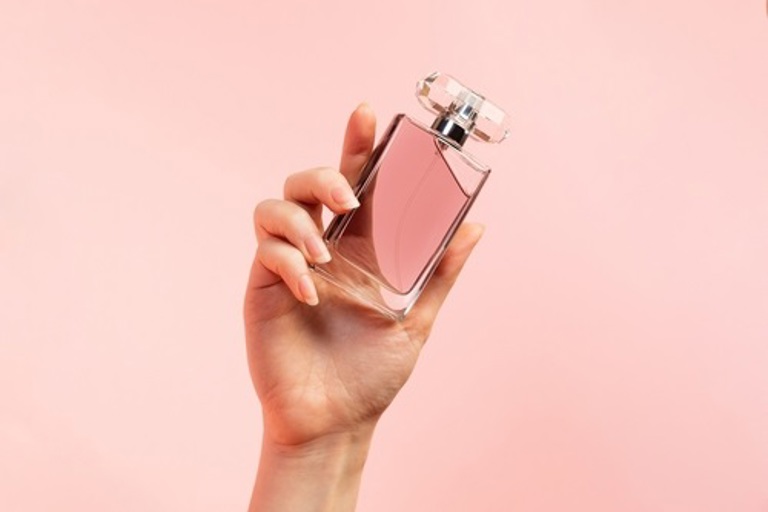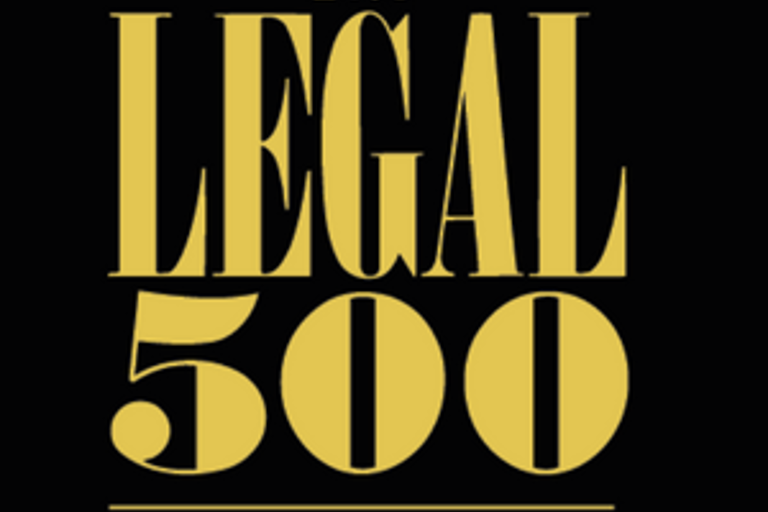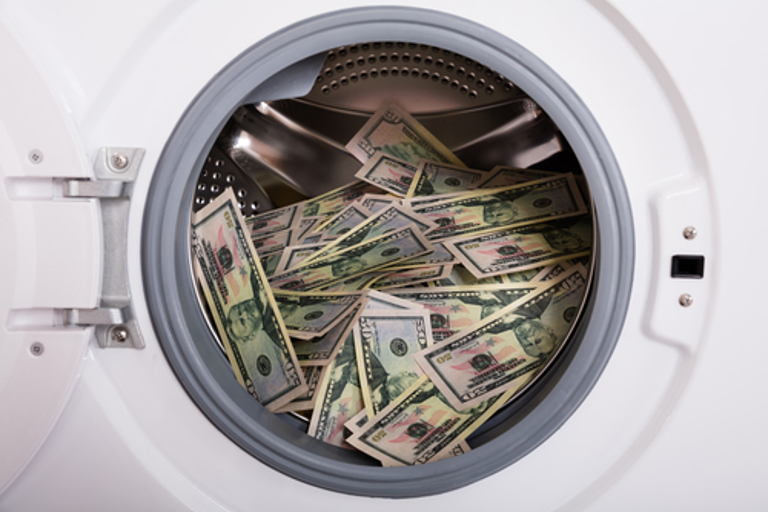
Post Now, Pay Later: Sued for Posting a Photo of Yourself
23 May 2025
A recent dispute between Jennifer Lopez and the paparazzi shows that the consequences of posting a photo without permission can be severe. The famous singer and actress shared pictures on social media of herself arriving at a party in Los Angeles. The photographer and the paparazzi agency claim that Lopez did not have permission to use these pictures. Moreover, they claim that the photos were used for commercial purposes and self-promotion. Each party is seeking damages up to $150,000. A link to the news article can be found here.
Dutch copyright law is similar to the United States copyright law. Under Dutch copyright law, the photographer is entitled to the copyright related to the image, not the person depicted in it. That means that even if you are the person portrayed in the photo, you cannot publish it (online) if you did not take the picture or have explicit permission from the copyright owner. Publishing the image without permission gives the copyright owner the right to compensation. However, the amount of claimable damages in the Netherlands is significantly lower than in the United States. In cases of posting one picture online without permission, the amount of damages awarded is generally based on the license fee that would have been applicable. This is often between € 500,- and € 1.000,-. In exceptional cases, the amount can be higher.
The infringement case of Jennifer Lopez raises the question of whether the person depicted in the picture has any rights. The answer is yes. Dutch law recognizes portrait rights. If a person is being depicted in a photo without any assignment thereto or express request on his part, such as a paparazzi picture, that person can object against publication of this picture provided that he has ‘reasonable grounds’. These grounds often relate to privacy or financial interests. Whether an infringement has occurred, will be decided by the court after weighing the interests of the parties involved.
The moral of the story is that being depicted in a picture does not mean you own the picture. Always get permission before you publish it (online) or you risk being sued for damages.
Contact
If you have any questions about copyright, please feel free to contact one of our specialists.
Want to know more? Please contact:

HOW THE DSA SHAPES RECOMMENDER SYSTEMS

LXA ATTORNEYS ACCOMPANIES RECORD NUMBER OF TRANSACTIONS IN 2024

LXA Attorney Gie van den Broek has contributed to the October 2024 ECTA Bulletin report

LXA Attorneys Joins Unifab’s College of Experts

Post-Brexit exhaustion of trademark rights: what you need to know!

LXA wins lawsuit against counterfeiters for Coty

Team franchise Exclusive Contributor 2023 Legal 500

Amsterdam Criminal Court Rules Against Counterfeiters Accused of Habitual Money Laundering (1)

Amsterdam criminal court rules against counterfeiters accused of habitual money laundering

